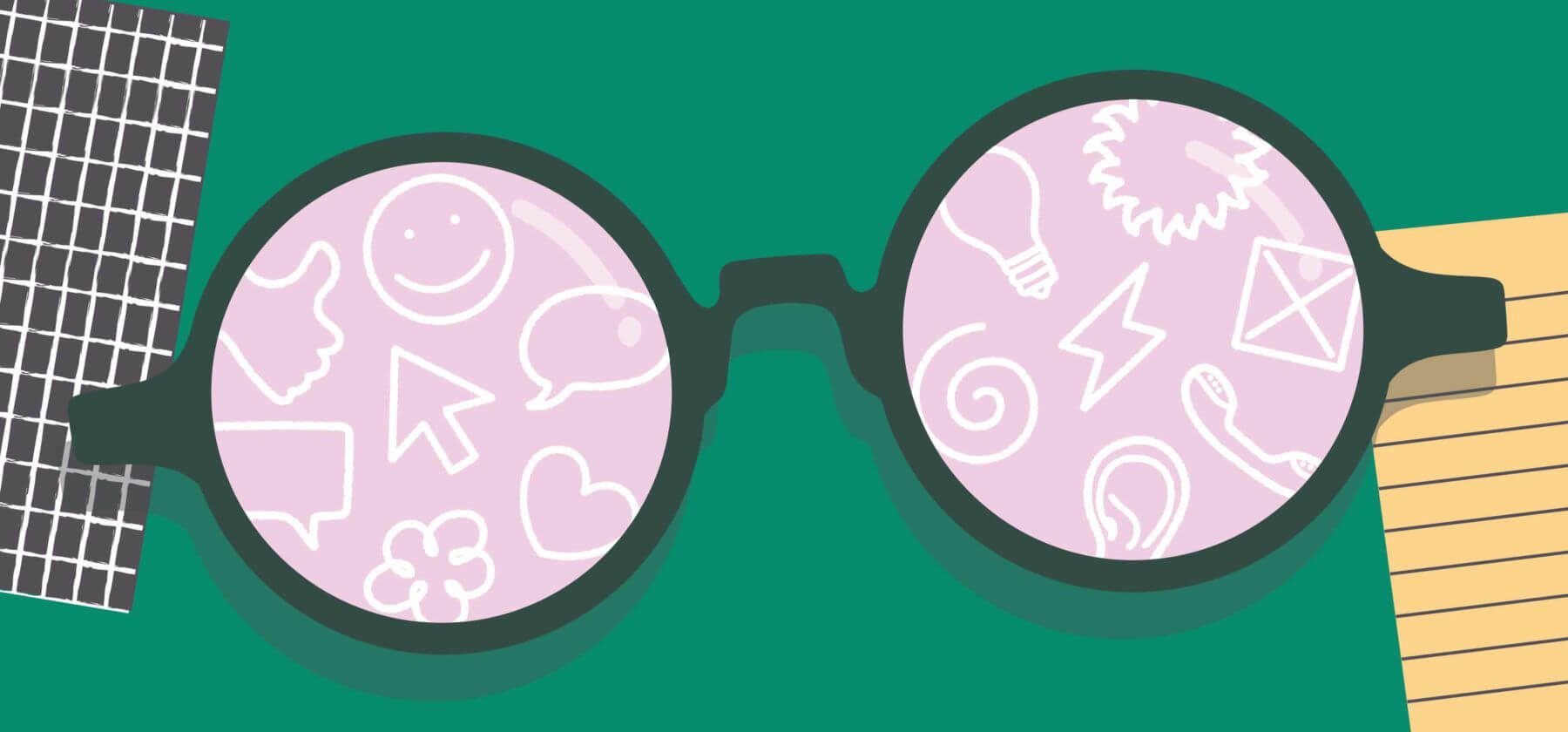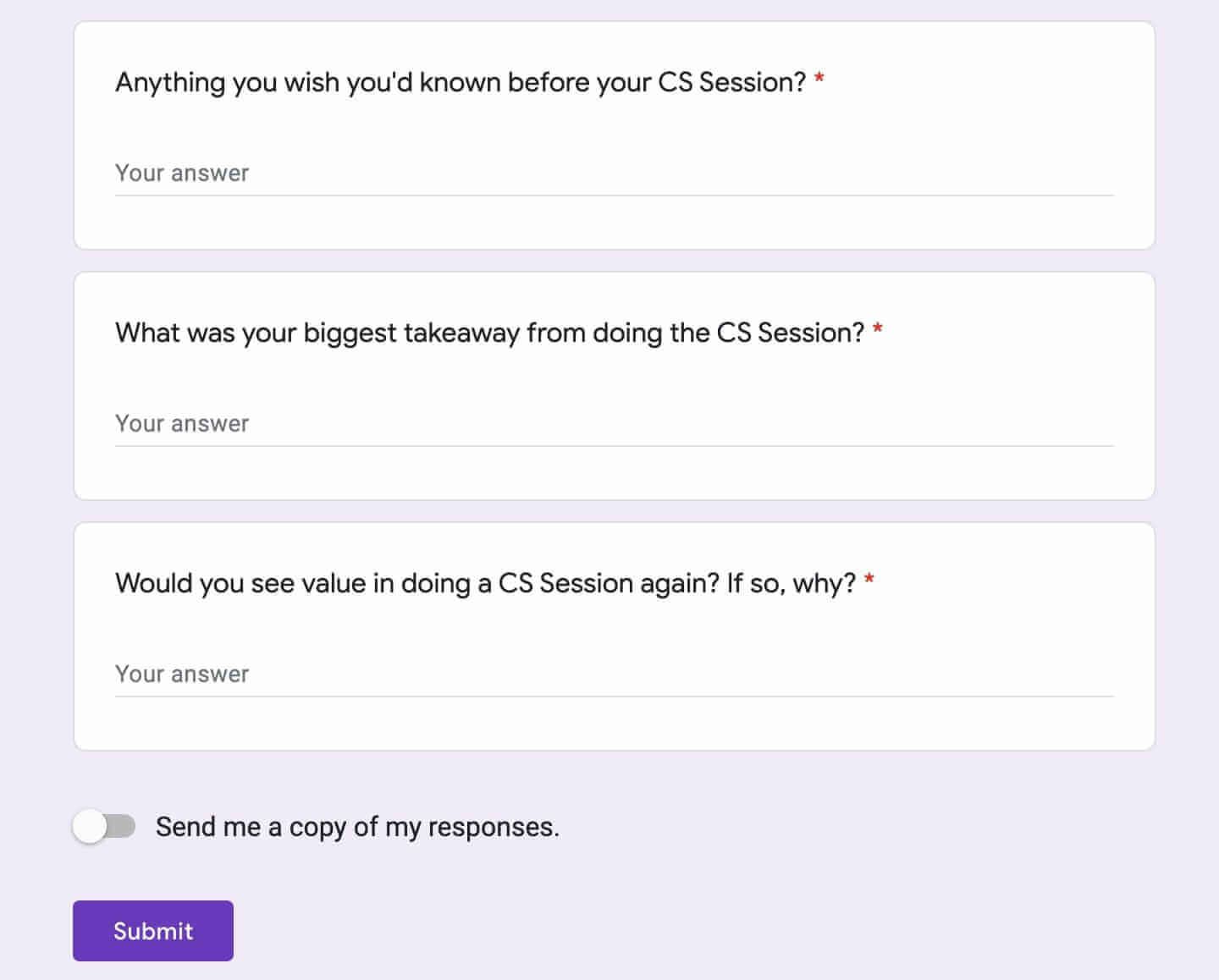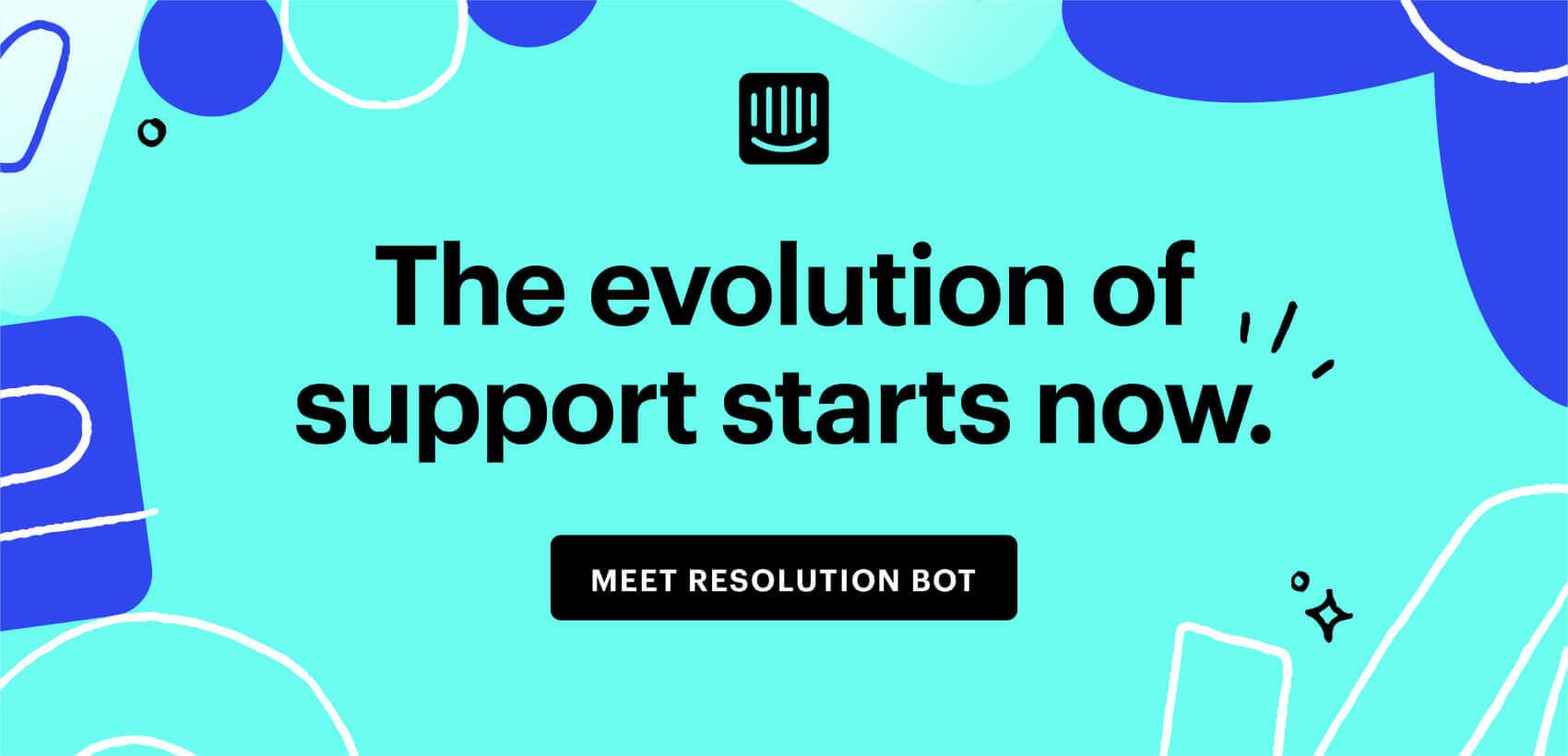
How customer support sessions help us stay close to our customers (even as we scale)
Main illustration: Savannah Rusher
We all talk a good game about the customer being the most important thing in our business. But the truth is, as most companies scale, the customer can feel further and further away.
Customer empathy is often one of the first things to suffer as companies grow from startup to scale-up. But keeping close to customer needs is crucial not just for the health of your product, but also for the overall success of your company. As customers increase from the hundreds to the thousands, you’ll need to develop rigorous processes to understand their pain points, issues, and goals, and ensure these directly inform your product roadmap and company strategy.
Nobody knows your customers (or your product 😉) better than your support team, so they’re best placed to peel away the dusty layers between other employees and frequently misunderstood customers.
“These sessions are an integral part of how we build and nurture a customer-centric culture at Intercom”
Our support team hosts regular customer support sessions, where new and experienced Intercomrades get to join members of our Customer Support team and answer tailored customer queries in the inbox. These sessions empower every team within Intercom to see their work through the lens of our customers’ needs. They’re an integral part of how we build and nurture a customer-centric culture at Intercom. Here’s how they work and why they’re so impactful.
Bringing the voice of the customer to life
Every SaaS company has different processes for collating customer feedback and raising feature requests. Traditional customer voice reports are great at capturing broad trends and needs of your customers. However, something inevitably gets lost in translation from conversation to spreadsheet – why someone wants or needs an update, or the nitty-gritty behind how a particular issue affects them.
“Our customer support sessions create another avenue to understand feature requests”
Our customer support sessions create another avenue to understand these feature requests. These sessions add additional context to our customer voice reports and help every team within Intercom more deeply understand our customers’ use cases.
How customer support sessions work
Colleagues from every single team within the company, from engineering to marketing, are invited to take the time and space to step away from their usual roles and spend a few hours in our Inbox answering real customer queries as they come in, getting a sense of how the Customer Support team operates, and gaining real insights into how our customers use our product.
A member of our support team walks a small group of Intercomrades through best practices for using our Inbox, chatting to customers, and answering their questions in a personal, human way using conversational support.
Onboarding and beyond
At Intercom, there’s unanimous buy-in at every level that initiatives like customer support sessions are key ways to build and maintain empathy with our customers. They wouldn’t work if we didn’t have a customer-centric culture that prioritizes our customers’ needs and problems.
“New starters at all levels – from ICs to Directors and VPs – are strongly encouraged to do a customer support session”
Customer support sessions are a key part of our employee onboarding. New starters at all levels – from ICs up to Director and VP level – are strongly encouraged to do a customer support session within the first few weeks of joining Intercom.
These sessions aren’t just a one-time affair – they’re far from another item to tick off an onboarding checklist. We understand that as our company scales and as the market evolves, our customers’ problems will shift too. That’s why long-term employees often come back at regular intervals to stay up-to-date with our customers’ evolving needs.
Tailored sessions to meet each team’s needs
Of course, each team in Intercom is different and what they want to learn about our customers is different too. For instance, people on the Marketing team are not going to be interested in the same customer insights as a product engineer. To address this, we create tailored sessions to cater to each team’s needs.
For example, for engineers and product teams, we focus on the product they’re working on – exploring both how we use it from a support perspective and how our customers use it. We also share anecdotes on what’s confusing for customers, what feature requests they ask for frequently, and most importantly, why they need them.
“Getting a sense of the business needs – and the people – behind the issues adds context and a greater sense of understanding to them”
Product teams who attend these sessions are given an eye-opening insight into what customers really need and expect from their product. Knowing that customers need a reporting feature to prove the impact of their work is very different to reading a line on a spreadsheet that says, “200 customers have requested a reporting tool.” Getting a sense of the business needs – and the people – behind the issues adds context and a greater sense of understanding to them.
Customer support sessions for members of the Sales team are different. Our Sales team wants to learn how best to partner with our Support team to resolve customers’ questions faster, so we can ensure we’re delivering a great customer experience throughout the entire customer journey. So we discuss when and how to loop in Support and how to seamlessly hand conversations over to us. These sessions revolve around how we can best work together to ensure every customer feels cared for at every touchpoint.

Answering relevant customer conversations
After we set the scene with customer anecdotes, we jump into answering real, live conversations. At this point, we’ll assign each person a few relevant questions related to each team’s line of work. For example, we’ll assign engineers questions related to the product they’re working on, and we’ll assign our Product Education team questions where customers are confused about how to use a particular feature.
This real interaction with our customers, whether it’s answering a short “How would I…” question or dealing with a serious complaint, is the best eye-opener for unlocking “aha” moments and actionable insights.
Capturing actionable insights
As the saying goes, “Learning without reflection is a waste.” After each session, we send out a survey to solicit feedback and help teams reflect on what they’ve learned from their session. By taking a few moments to document whatever insights they’ve gleaned, people are more likely to:
- Fix any obvious problems that emerge.
- Continue to see their work through the lens of the customer long after their session ends.

Driving direct business impact
These sessions wouldn’t be worthwhile if our customers weren’t the ones winning at the end of the day, right? I recently surveyed Intercomrades who completed a customer support session in the past few months, and discovered that customer support sessions have had a direct, visible impact on our product roadmap, company strategy, and even how internal teams work together.
Here are just a few of the benefits our teammates have reported:
- New and improved features. Understanding the product from a customer’s perspective has increased customer empathy and awareness among engineers. This has resulted in adding major new features to our roadmap, improving existing features, and even enhancing how updates are read within our product’s UI.
- New educational content. Our Product Education team recently attended a customer support session to understand how our customers use our product and what topics they care about most. These insights have directly fueled the creation and improvement of our Academy courses.
- Shorter wait times for customers. By understanding how best to partner with our Customer Support team, Sales have reduced the time it takes to answer customer questions, which has led to increased customer satisfaction and retention.
- Better internal relationships. As more teammates return to customer support sessions, we’re consistently building better cross-functional relationships. This breaks down silos between teams and keeps everyone on the same page and focused on what matters most: the customer. As well as delivering meaningful insights, we also like to ensure people have a little fun along the way.
“You’ll find some of your best insights at the end of a real, live customer conversation”
As your company scales, losing connection with your customers isn’t inevitable. You simply need processes in place to stay close to your customers’ ever-evolving needs and share your learnings far and wide.
With initiatives like customer support sessions, you can leverage the power of your support team as a true value driver to bring every team in your company closer to the customer – and in turn, elevate their work and impact. We bet you’ll find some of your best insights at the end of a real, live customer conversation.








